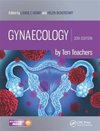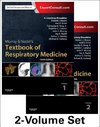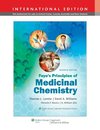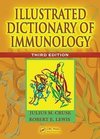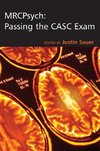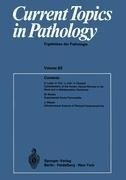
-
 Anglický jazyk
Anglický jazyk
Current Topics in Pathology
Autor: H. -W. Altmann
The patriarch of experimental pancreas research is REIGNIER DE GRAAF (1641-1673). He carried out the first experiments with dogs in order to ob tain fistular secretion (1664). But only few years later, the just arisen interest in the physiology of the pancreas... Viac o knihe
Na objednávku
98.99 €
bežná cena: 109.99 €
O knihe
The patriarch of experimental pancreas research is REIGNIER DE GRAAF (1641-1673). He carried out the first experiments with dogs in order to ob tain fistular secretion (1664). But only few years later, the just arisen interest in the physiology of the pancreas was severely set back by remarks of CONRAD BRUNNER. In 1682, BRUNNER expressed his belief that on the basis of experi ments he had carried out the pancreas was a vitally unimportant organ. He overlooked that after ligation of the main duct (discovered in the turkey by HOFMAN in 1641 and in a human cadaver by WIRSUNG in 1642), in the dog an accessory duct (described by SANTORINI in 1724) usually maintains an adequate flow of secretion. EBERLE in his monograph (1834) confirmed the emulsifying capacity of the pancreatic juice which had already been suggested by SYLVIUS (FRAN CISCUS DE LE BOE, 1614-1672) and he dealt with the essential enzymatic functions of the pancreatic juice such as amylolysis, lipolysis and proteolysis. Since HEIDENHAIN (1875), we know that for example trypsin (largely isolated by KUHNE in 1867) is situated in the acinar epithelial cells as zymogen in inactive form; it is thought that the action of "acid" on the glandular tissue is needed for inducing the "enzymatic activity". According to what we know now about the central role of acidosis in the activation of zymogen this topic is, of course, of topical interest.
- Vydavateľstvo: Springer Berlin Heidelberg
- Rok vydania: 2012
- Formát: Paperback
- Rozmer: 254 x 178 mm
- Jazyk: Anglický jazyk
- ISBN: 9783642951350




